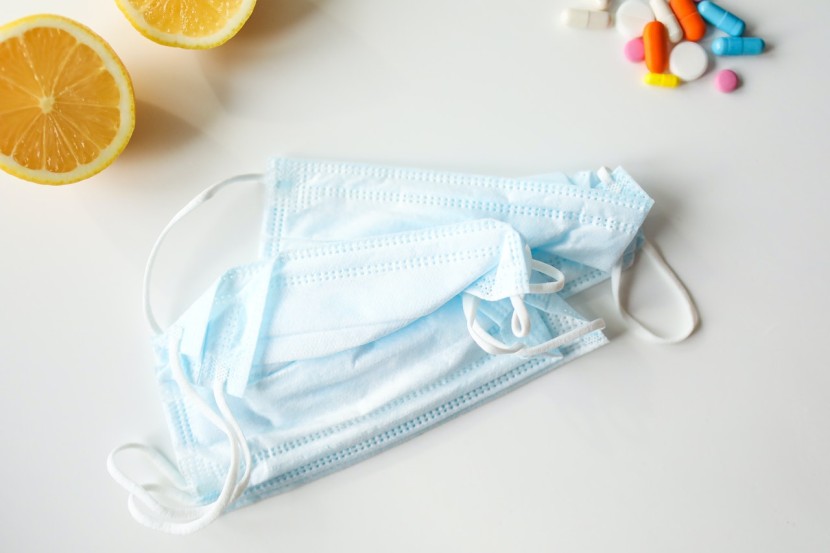
With most people's lives starting to go back to normal, a group of researchers at Duke University have come up with a simple strategy of analyzing the efficacy of various types of face masks, which became crucial components of preventing the rapid spread of the virus.
The pursuit started when a Duke's School of Medicine professor was accommodating a local group purchase face masks in bulk and them out to their community members who are in need. The professor wanted to ensure that the group bought masks that were really effective.
The study has been published on Friday where the researchers together with the physics department of Duke's exhibited the use of a method, which made use of a laser beam and mobile phone to assess the efficacy of masks by analyzing respiratory droplet transmission during a regular conversation, CNN reported.
Martin Fischer, one of the authors of the study, said they used a camera, a black box, and a laser during the conduct of the study. And added that the laser beam was expanded vertically for them to form a thin sheet of light, which were then emitted through the slits on the left and right sides of the box.
In the front portion of the box was a hole designed for the speaker to talk into it. Then a cellphone camera was positioned on the back of the box that made a recording of the scattered light by the respiratory droplet that cut through the laser beam when the speaker starts to talk.
The documented droplets were then counted by a simple computer algorithm.
For several months, public health experts have been emphasizing the importance of using masks to help prevent the spread of the virus, and now several states in the US have initiated to require the public to use face masks.
But when testing their efficacy, researchers have found out that some type of masks is actually ineffectual.
According to KSL TV, 14 commonly available masks in the market have been tested, including the N95 mask that is usually being reserved for health care workers. The first test was performed with a speaker not wearing any face covering. Then the group of researchers allowed the speaker to talk with a face mask on. Ten trials were conducted for each type of mask.
The study showed that it is most effective to use the fitted N95. Both the three-layered surgical mask and cotton mask, which have been commonly used by people since they can produce this type of mask at home, showed good results in preventing the spread of respiratory droplets.
Neck fleeces or known as gaiter masks, the type of mask commonly used by runners, were the least effective of all the 14 masks tested. As a matter of fact, using the fleece mask caused a higher amount of respiratory droplets since the material appeared to break down large respiratory droplets into smaller ones that are most likely to be carried away with air more easily.
Knitted masks and folded bandanas showed poor performance and seemed not to offer good protection at all.
As stated by Fischer, the study aimed to emphasize the need of wearing face masks, but they wanted people to use the type of mask that actually works.








